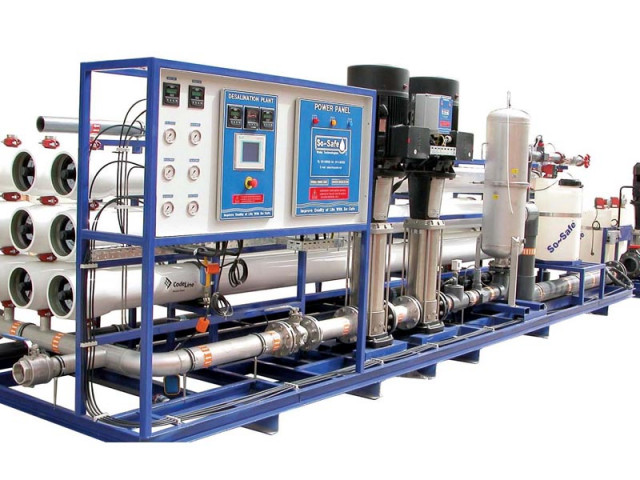Water filtration plants being set up in Punjab prisons
50 plants to be operational by July.

The Prisons Department will install 50 water filtration plants in jails all over the province to provide clean water to inmates, The Express Tribune has learnt. The plants will be financed by non-government organisations and welfare groups, said a senior prison official.
There are 32 jails in the province with a total capacity of 24,000, though there are currently 52,000 inmates in the Punjab. This overcrowding has resulted in serious sanitation and health issues. The threat of the spread of waterborne diseases like hepatitis is particularly high.
In 2009, the Supreme Court ordered the screening of all prisoners in the Punjab for disease. Some 60,000 inmates were tested and 4,500 were discovered to have hepatitis, largely because of the lack of clean water in jails.
And last month, the chief justice had chided police and jail officials on overcrowding and poor facilities in jails, noting that some prisons housed thrice the number of prisoners they were built for.
Mian Farooq Nazir, inspector general of Punjab prisons, told The Express Tribune that the Prisons Department had contacted various welfare groups and NGOs to seek donations for the setting up of water filtration plants. They agreed to finance the installation of 50 plants ranging in filtration capacity from 705 to 2,000 litres per hour. The plants are of two types, one for treatment of sweet ground water and the other for treatment of saline water.
The sponsoring organisations will provide maintenance of the plants for one year, said Nazir. They will also train two officials at each prison to look after the plants. A cell will be established in the IG’s office to get feedback and monitor the plants, he added.
He said rather than just have filtered water available at the plant site, the water would be piped to taps in the barracks to avoid administrative and security problems.
The IG said that the installation process was underway in various jails and all the plants would be set up by July. “It will help reduce waterborne diseases among the prisoners,” he said.
Published in The Express Tribune, March 14th, 2012.



















COMMENTS
Comments are moderated and generally will be posted if they are on-topic and not abusive.
For more information, please see our Comments FAQ